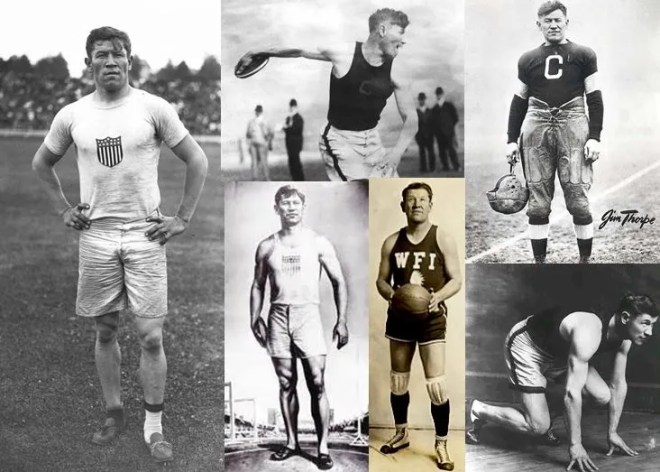We don’t all let loose that mighty yalp in victory, jump on the pile, brother upon brother, bonding with a screaming universe that borders on the spiritual.
We sometimes go inwards, burrowing towards the source of the volcano, feeling the rumble grow. But we won’t show you. This moment isn’t for you.
When I read this passage below in “All Together“, by William Stowe, about his eight-man crew’s victory at the US trials for the chance to bring Olympic Gold back to America, I am reminded of the film “Miracle“, about the stunning 1980 victory of the men’s US ice hockey team over the USSR. In this scene, just after play-by-play announcer Al Michaels screams “Yes!”, the coach of the team, the legendary Herb Brooks, finds his way to the end of the bench, smiles at his wife, and then vanishes alone into the passageway under the stands.
US trials for the chance to bring Olympic Gold back to America, I am reminded of the film “Miracle“, about the stunning 1980 victory of the men’s US ice hockey team over the USSR. In this scene, just after play-by-play announcer Al Michaels screams “Yes!”, the coach of the team, the legendary Herb Brooks, finds his way to the end of the bench, smiles at his wife, and then vanishes alone into the passageway under the stands.
He is alone. He is feeling the rumble grow. And he is happy.
Stowe had a similar experience, 16 years earlier. As he writes, his team has pulled off a mammoth, and somewhat unexpected victory to win the US trials.
We were all basking in our victory and had no reason to hurry in packing up the boat for its return to Philadelphia. I could only think about getting the USA uniform and being a part of the American team. Later when I got to my car in the parking lot, I looked around and saw that no one was watching. Only then did I let out the victory whoop, the one I had been holding back for hours, and dance a victory jig. I had no conception of what we would have to do and how hard we would have to train to best represent America in the Olympic games three months hence. I simply was savoring the moment.









You must be logged in to post a comment.